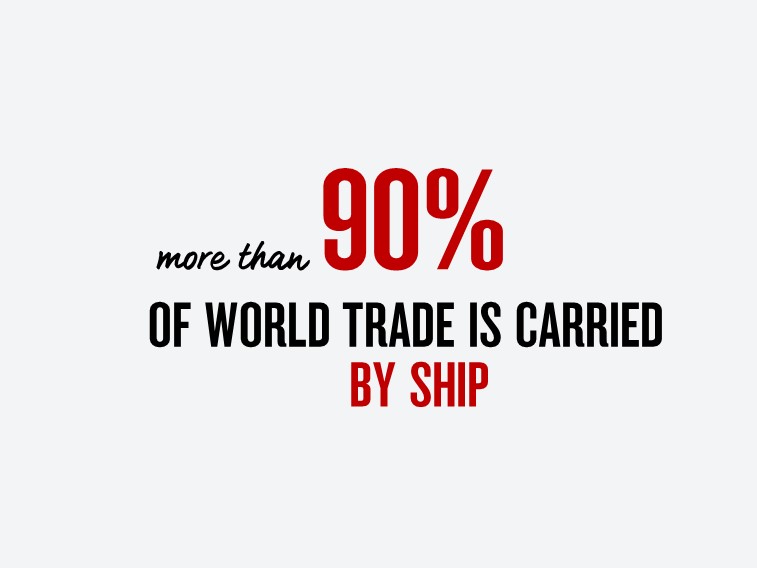On a seasonally adjusted basis, the NAB Online Retail Sales Index recorded a drop in growth in July


Insight
Treasury representatives from Associated British Ports, Peel Ports, NSW Ports and the Port of Tauranga recently met to explore and share their insights on the opportunities and challenges facing port owners and operators.

The shipping container has been described as the “humble hero” of globalisation, transforming global trade over the past 50 years as ports have become more efficient and automated. More than 90% of world trade is carried by ship, making its way to market via ports in trade that the World Trade Organisation values at US$20 trillion.
Leaders from the British, Australian and New Zealand ports that attended this NAB Global Round Table have not been distracted by the current political backdrop of a possible trade war, and uncertainty over the UK’s departure from the European Union.
In a wide-ranging conversation, the port owners and operators discussed their increasing focus on removing bottlenecks as goods move from the port to road and rail infrastructure; and on minimising the impact of their operations on the environment.
The UK’s two largest port operators, Associated British Ports (ABP) and Peel Ports, reported that trade flows have been largely unaffected by the long drawn out process of Brexit.
“There’s a lot of political talk, but 95% of the UK’s imports still come in by sea. Whatever happens with Brexit, that isn’t going to change. We are still an island nation and UK Plc still has to keep running,” said Adrian Breakspear, Group Treasurer of Peel Ports, the UK’s second largest port group. “Peel Ports have deep-water ports located on each side of the UK, putting us in a strong position to deal with European and global trade.”
Shaun Kennedy, Group Treasurer at ABP, which manages a network of 21 ports handling one-quarter of the nation’s seaborne trade, said broader economic shifts in demand were having a bigger impact on trade volumes than Brexit negotiations.
“We’re not seeing huge amount of growth but there’s not much decline either. The exceptions would be coal, which is in long-term decline, liquid bulks and trade continuing to move to containers,” said Mr Kennedy. “The other major shift we are seeing is around automotive, which have been pretty flat for the last few years but that could change in the longer term as car usage and ownership changes in the future.”
There is also scope to shift to other ports as alternatives to Dover, where the risk of disruption from Brexit is potentially greatest or to participate in the mooted plans for ‘free ports’ (tax free zones to offset post-Brexit tariffs).
For the other ports participating in the Round Table, domestic economics dominated.
“We’re highly leveraged to China, China is taking everything we can produce or cut down,” said Stephen Gray, Chief Financial Officer at the Port of Tauranga, the largest export port in New Zealand with forestry, kiwifruit and dairy accounting for 80% of Tauranga’s exports.
NSW Ports Group Treasurer Alicia Palmer said the slowdown in the New South Wales state economy, as the broader Australian economy cools after 28 years of solid growth, has been evident in lower volumes coming through the port which is home to the state’s largest container terminal.
© National Australia Bank Limited. ABN 12 004 044 937 AFSL and Australian Credit Licence 230686.